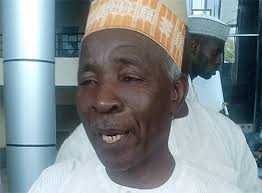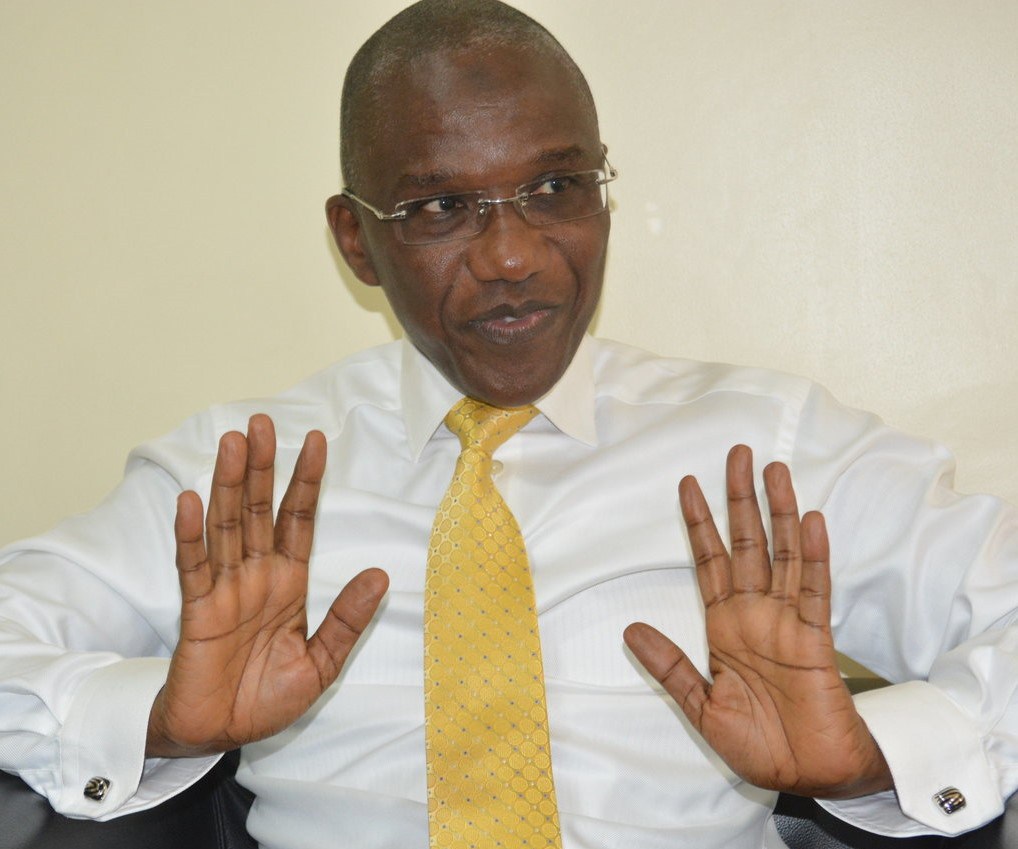By Odunewu Segun
According to AMCON’s Managing Director, Ahmed Kuru, the corporation is being owed N5.4 trillion, a huge chunk of debt it acquired from commercial banks during the resolution of the 2009 banking crisis.
Of the said amount, over 80% (N4.3 trillion) is being owed by only 350 Nigerians who are reluctant to pay back their debts. Notable among some of the debtors are a serving Senator, Ben Murray Bruce who reportedly owed N10 billion and a former Minister of Aviation, Stella Oduah, who owed N20 billion debt.
Obviously, the name and shame approach did not yield desired result. It even came at a huge cost to AMCON as some of the alleged ‘chronic debtors’ including the Chairman of Bi-Courtney Aviation Services Ltd, Wale Babalakin mounted legal challenges against the publication.
Surprisingly, a Federal High Court sitting in Lagos recently awarded Babalakin N3 billion in damages against AMCON over the said publication. In an ironic twist, the judiciary, which should reenforce AMCON’s mandate is now being used against it; restraining it from performing its responsibilities.
Founded in 2011, AMCON was established according to the AMCON Act of 2010, to revive the financial system by efficiently resolving the Non-Performing Loan assets (NPL) of financial institutions.
This task AMCON has performed admirably, saving a great number of banks including companies in the aviation and agricultural sectors from total collapse.
However, AMCON has a ten-year mandate to resolve these loans and return the money used to buy NPL from the commercial banks to the public till. With the mandate expiring in 2023, AMCON no longer has time on its side.
In addition, AMCON is in possession of physical assets estimated at N182 billion, which were obtained from debt resolution with financial institutions and which it has not been able to dispose of due to the poor state of the Nigerian economy.
Unfortunately, many Nigerians do not understand the import of the AMCON dilemma and that is why there has been little or no discussion on why a few Nigerians should pile up debts at the expense of the larger number.
Commendably some discerning lawmakers have expressed support for AMCON even as they have condemned the devious disposition of the debtors. But this is not a matter for the legislators alone to deal with.
Before AMCON’s debt burden becomes another bad debt, it is expected that the three tiers of government would, as a matter of national importance, collaborate to bring a decisive end to the despicable tendency of an elite few who borrow public funds they have no intention of paying back.

 Football7 days ago
Football7 days ago
 Entertainment6 days ago
Entertainment6 days ago
 Football1 week ago
Football1 week ago
 Business5 days ago
Business5 days ago
 Football1 week ago
Football1 week ago
 Football6 days ago
Football6 days ago
 Business6 days ago
Business6 days ago
 Health6 days ago
Health6 days ago









